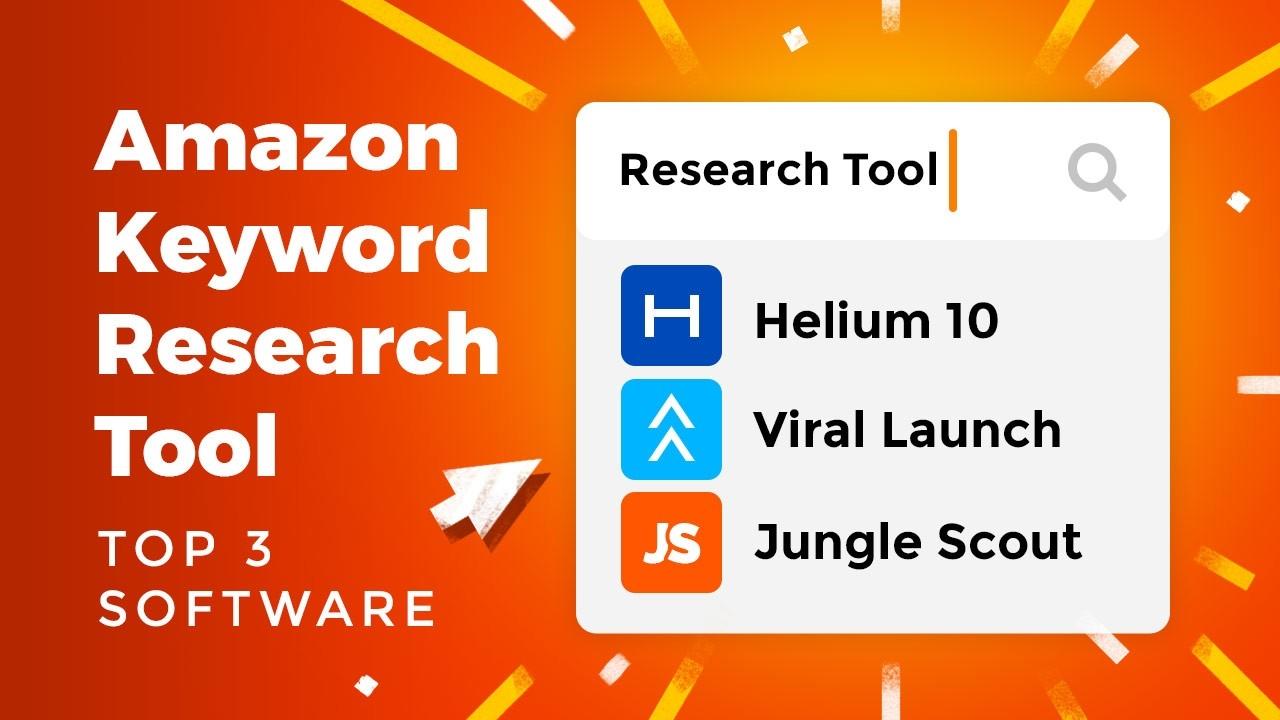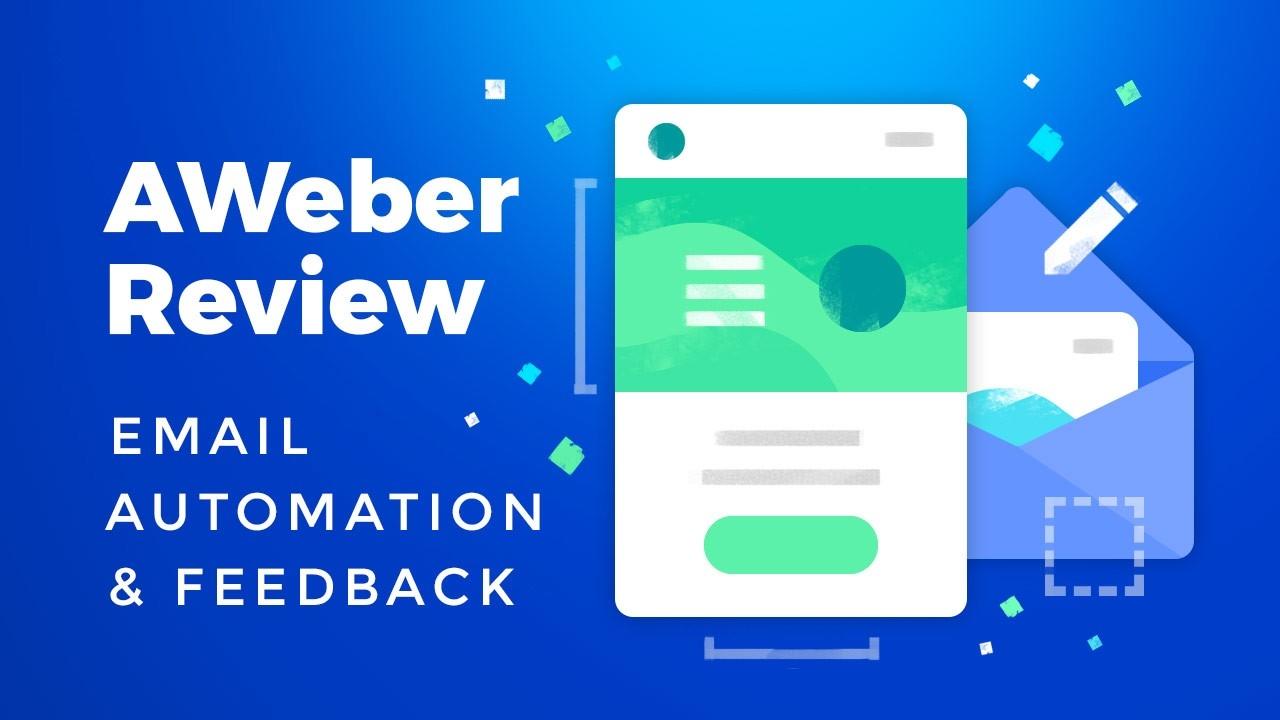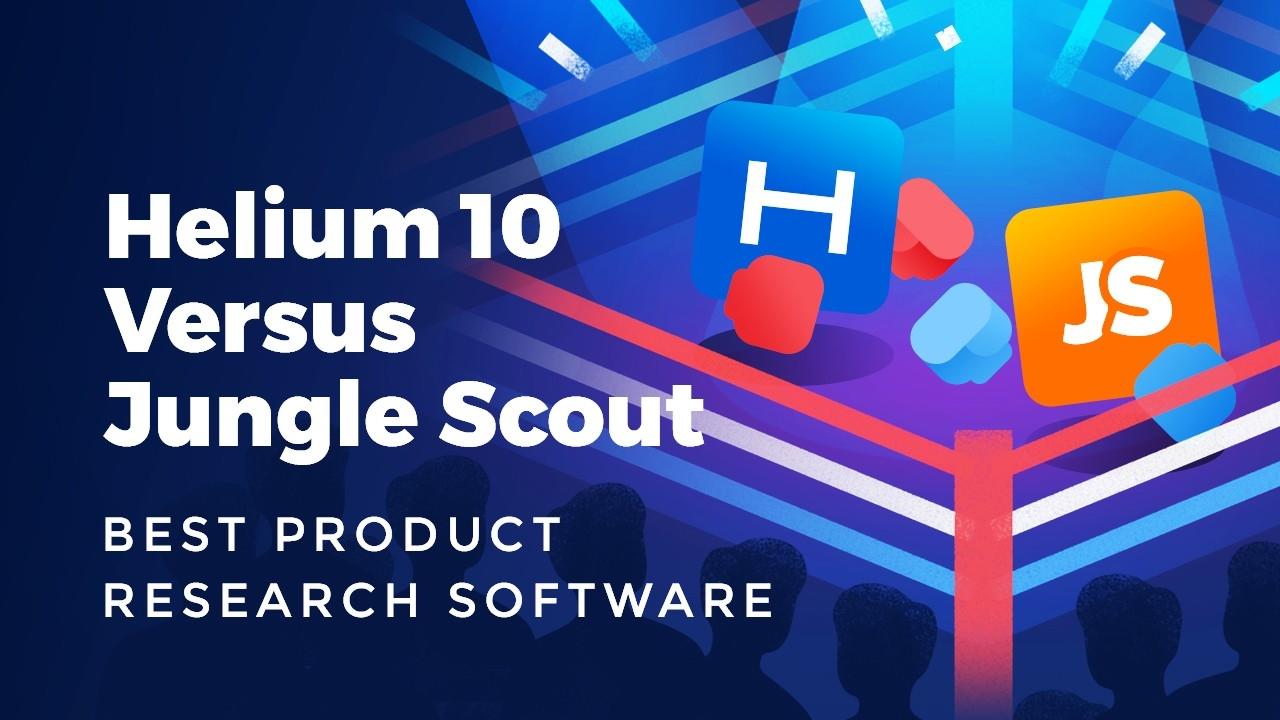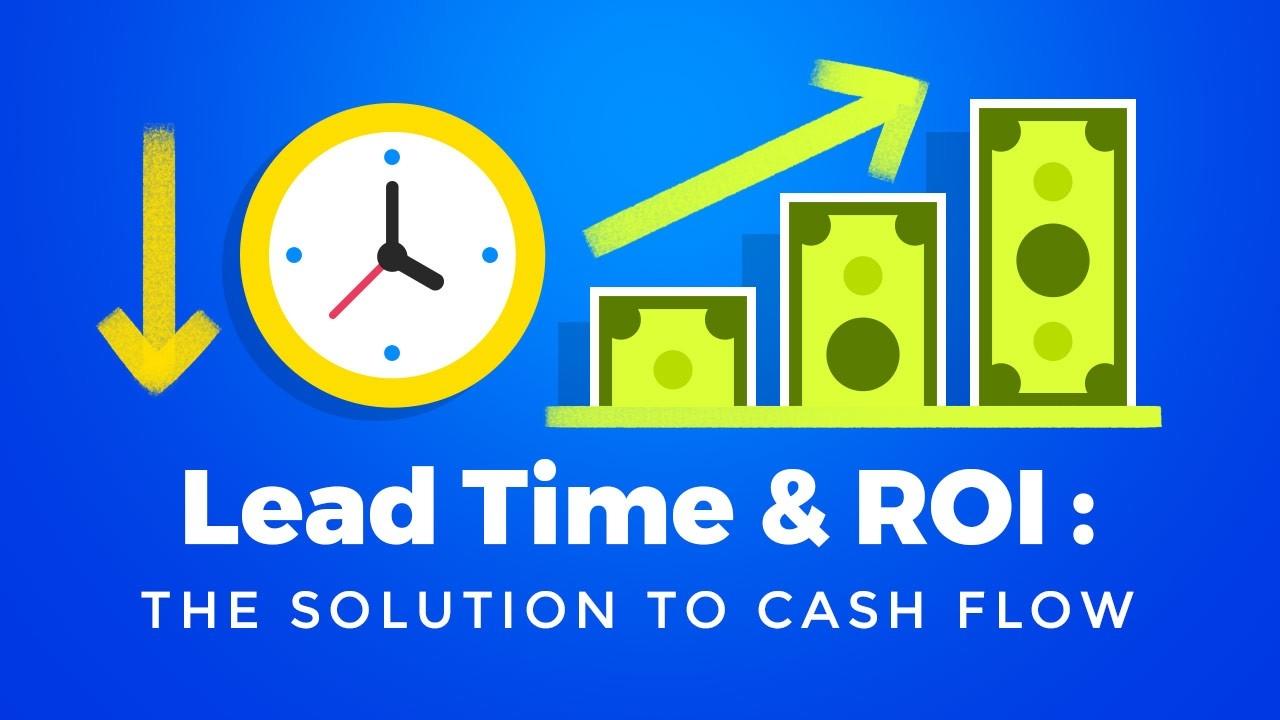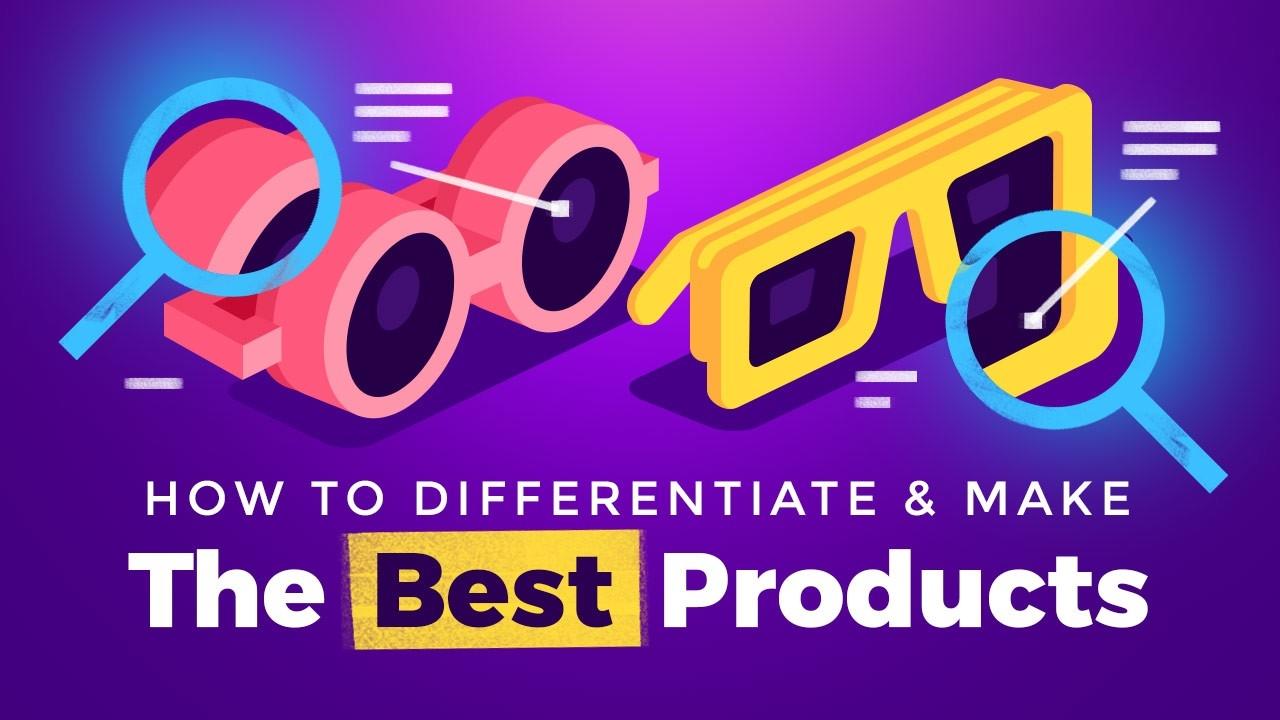Run Your Business Like A Casino In 2021
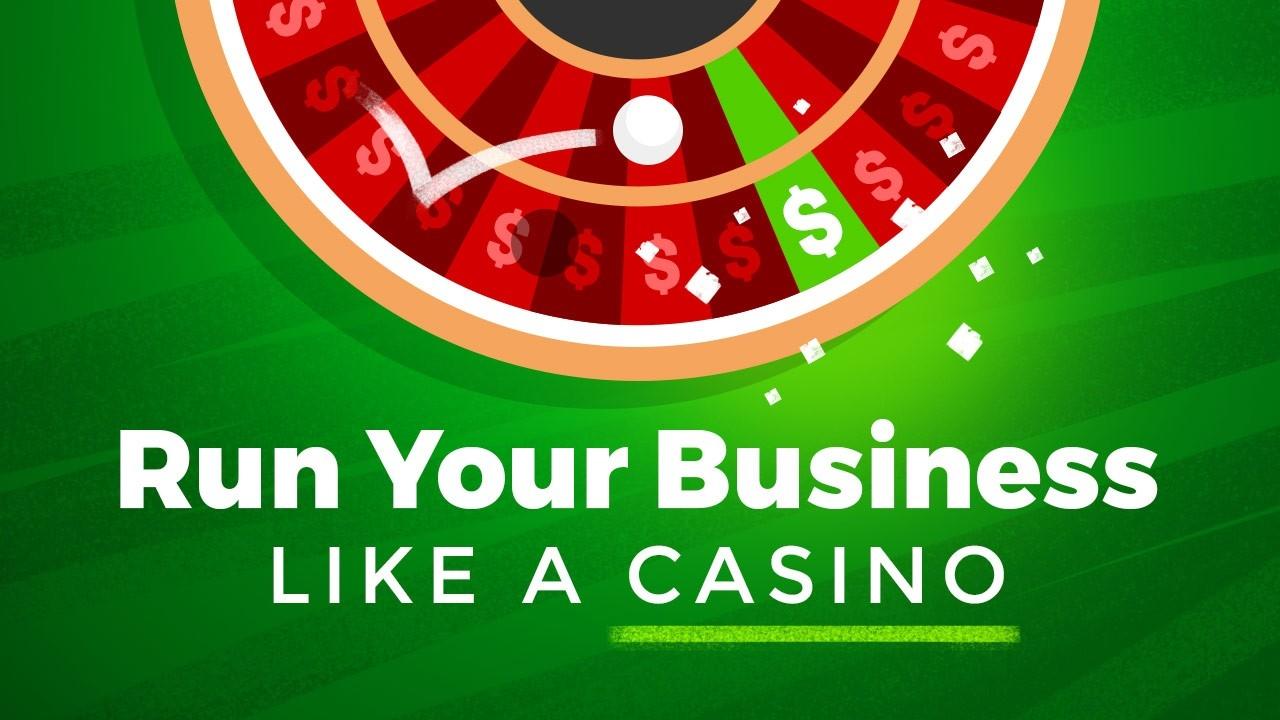
What can you learn from casinos on running a successful business in 2021?
You may think casinos are in the gambling business, but in reality, the casino industry is actually in the math business.
In 2018, commercial casinos reported gross revenue of over $40 billion. This is more than the revenue from all four major U.S. sports leagues combined (NFL, NBA, NHL, MLB).
In a casino only the players are gambling, their business model is based on the mathematical concept of expected value which ensures they always profit in the long run, hence the saying “the house always wins.”
I’ve used this principle to make business decisions in my e-commerce journey which ultimately led to grossing over $6 million in less than a year.
We can learn a lot from the mathematical principles casinos use to build and run their profitable businesses.
You too can leverage this key concept and duplicate what works so you always win in the long run.
Do You Know How Casinos Work?
The foundation of the casino can be explained by the mathematical concept of expected value. In the context of gambling and casinos, the expected value is a way for casinos to calculate the long-run average of how much money they can win or lose for every dollar wagered.

The house always wins because casinos are running a business where their products (casino games) are designed to give the casinos a quantifiable statistical edge on every bet.
Casinos simply try to answer, what is the probability or likelihood that an event will occur (a player will win)?
They then design the games (products) in a way that will ensure their expected value is always positive while the player’s expected value or risk to reward ratio is negative.
How Come Casinos Never Lose Money?
The casino’s advantage and the reason why ‘the house always wins’ is due to all casino games inherently being designed, to have a negative expected value (payout) for the players.
This advantage is the expected value expressed as a percentage of the player’s wagers on casino games.
This means the expected value represents how much the casinos can expect to retain as profit in the long run, for every bet a player makes.
Here are the expected value probabilities for a few popular casino games:
| Casino Games | Expected Value |
|---|---|
| Blackjack | -0.5% |
| Roulette | -5.26% |
| Slot Machines | -10% |
For example, if we look at the double zero roulette game, the casino has an advantage of 5.26% for every dollar wagered relative to the players who have a -5.26% disadvantage.
This means, for every $1 a player bets the casino will on average win $0.05 or for every $1,000,000 wagered they will win about $52,000.
Here is why: casinos only sell products (casino games) with a positive expected value.
The game of double-zero roulette has 38 numbers on the wheel. For example, for every $1 bet on a single number the player has a probability of winning 1/38 which also means the probability of losing is 37/38.
So this means the true odds of this bet is 37:1.
However, because the player also loses if it lands on zero or double zero, their payout chance is only 35:1 which in this example is an expected loss of a $2 difference or expected value of -5.26% for the player.
The casino’s essentially design the games in a way where no pattern or a combination of bets will alter the casino’s advantage.
As long as they have a positive expected value relative to the players, the house will always win out in the long run.
This is in part why no matter how lucky you might feel, the casino will always be luckier.
How Casinos Are Designed To Make You Spend Money
With casino’s games already designed to always have a positive expected value relative to the players, Casino’s also designed their structural layout with the focus on further exploiting their expected advantage over players.

Although any individual can win in a casino at any given time, the law of large numbers dictates that the larger the trials or more time a player spends playing, the closer the odds will be to the expected payoff, which by design always favor the casino.
With the odds already quantitatively factored into the individual casino games, the only other variables the casino can influence to increase their odds of success is the amount of time and how much players spend.
Here are the tricks casinos use to get you into spending, as much time and money per visit as possible, to increase their odds of success.
No clocks
If you noticed casinos purposely don’t have clocks to keep players from being aware of the time they spend playing.
No windows
They are not interested in having you be aware of what is going on outside so you spend more time playing.
High Rollers Treatment
High rollers who spend big at casinos are always treated well with many extra services and rewards.
Structural Design
If you notice casinos are designed to be maze-like by design, making it easy to get lost but very difficult to find your way to the exit points.
Comforting Atmosphere
From the lighting to the carpeting and ease of access to staff, every detail is all part of the strategy to keep you engaged and increase the time spent in their casino.
From a mathematical standpoint, the more time you spend playing, the more money you will spend and the higher the casino’s chances of getting closer to the statistical advantage they have over players.
In the Roulette example, it was 5.26%.
If you use expected value as a framework for decisions in business and with your resources, you can follow the same logic as casinos and make high probability decisions that consistently lead to profits while minimizing risk and maximizing the potential upsides.
Let’s look at how you can leverage this concept and apply it to your business.
Increase Your Success By Focusing On Expected Value
If you can understand and master the concept of expected value, it can have an exponential impact on the growth of your business regardless of what you may be selling.
If you are just beginning on Amazon or e-commerce, using this framework will ensure you choose the right opportunities because not all opportunities are created equal.
What is Expected Value?
Expected value is a mathematical concept which aims to define the average value of a given outcome based on their probabilities of occurring.
In business, it can be used as a framework for evaluating alternatives and making informed choices that have economic payoffs.
When facing business decisions with multiple outcomes, knowing the expected value of relative outcomes can help you choose an alternative with the highest relative upside.
It is also a framework or ‘safety net tool’ for minimizing risk and maximizing the success rate of your business decisions.
Throughout my business career, I’ve always utilized the expected value concept as a framework for my business decisions. More specifically, I use it to plan for the worst-case scenario and limit my downside so I don’t lose money.
Key Components of Expected Value
There are three major components that are significant to the expected value formula:
- The upside of a decision - what is the % probability of gain for this decision?
- The downside - what is the % probability of loss for his decision?
- The probability - what is the estimated probability or chance of each scenario occurring?
Once we know each of these components we can calculate the expected value of decisions and compare the best options. Our focus is not on the math but rather on using it as a framework to make decisions.
It’s important to always know the best and worst-case scenarios for any business decisions before pulling the trigger.
How I’ve Used Expected Value To Take Smart Risks In Business
In e-commerce, you can tweak the expected payout from your investments and the relative probability of success so you never lose 100% of your capital or at least limit your losses to a minimal.
Here are some examples of how I’ve used expected value to make decisions about business and product opportunities.
Selling Pennies For $0.02
When I first started out selling on Amazon, I was selling pennies.
This was one of the safest investments in the world because it guaranteed I would never lose money. I bought pennies from before1985 and because of the copper material those pennies were made out of, if you were to melt them down they sold for more.

I purchased pennies for $0.01 at scale, sorted them out and resold them online for $0.02. Regardless of the number of pennies I bought, I knew I would never lose money.
This meant I was able to double my money with zero chance of losing my initial capital. I knew the worst scenario was that I get stuck with a bunch of pennies and waste my time, and the upside is I get to double my money.
Worst-case scenario
- I would lose the time and effort I put into buying and sorting the pennies. However, there is no risk of losing my initial investment.
Best-case scenario
- I get to double my money and get a 100% ROI. The only question is how fast.
Selling Motivational Wristbands

One of the earlier products I launched on Amazon were these motivation wristbands. Here is how I approached this decision from an expected value standpoint.
Below are rough estimates of numbers for the 80/20 wristbands.
| Cost Per Unit | Order Quantity | Initial Order | Photo Cost |
|---|---|---|---|
| $0.40 | 1,000 Units | $400 | $200 |
| Selling Price | Landed Cost | Profit Margin | Sold Per Month |
|---|---|---|---|
| $12.95 | $5.87 | $7.08 | 175 Units |
My total investment for this product was $600 (Initial order value + cost of photos) and my potential monthly profit was $1239 (profit margin x units sold per month). This product opportunity had an ROI of 106% which essentially meant I would double my money every month.
| Cost over 1 year | 1-year profit | ROI over 1 year |
|---|---|---|
| $5000 | $14,868 | 197% |
Here are the potential outcomes from this product opportunity using the numbers outlined above.
Worst-case scenario
- I would lose an investment of $600. I can potentially get stuck with inventory, but knowing this I always have an exit strategy.
Best-case scenario
- I could make a profit of $1239 profit per month and $14,868 in profit per year.
This initial investment of $600 had the potential of creating $14,868 in profit for a 197% return on my investment.
Even though I consider these wristbands as a failed product and part of my 7 failed products journey on Amazon, but because I approached the opportunity knowing the expected value of the product and the potential risk, I always have a backup plan to mitigate the potential downside
Solar Eclipse Product Opportunity

The expected value concept is a framework I relied on to make decisions when approaching the solar eclipse product opportunity which turned out very successful.
- Initial Order Value - $5,530
- Units Purchased - 20,000
Given the level of demand for this product, I knew at worst I can liquidate my inventory by wholesaling to businesses or sell it on eBay and Etsy. This gave me a backup plan just in case.
Worst-case scenario
- In the worst-case scenario, I would maybe lose around $1000 or about 18% of my $5,530 initial product investment to fixed costs such as photography, shipping or product cost.
Best-case scenario
- From doing the math, I figured I could make about $100,000 on this investment of $5530 investment which would mean a 1,700% ROI on my money.
Comparatively, the downside of this decision was I could lose 18% with a chance of gaining 1,700% which is an easy decision to make.
Using Expected Value Under Uncertainty

A month before the eclipse, amazon closed the eclipse market due to safety concerns of fake eclipse glasses.
They closed all listings including mine.
Even with that much uncertainty, I made the decision to put on the line $50k of my money and bought 100,000 glasses.
I did the math and the probability of the upside was just too good to pass up.
I knew two things for sure, people need glasses to watch the eclipse and from the data, there was a high probability I could make a profit of about $10 per glasses.
Also from the average Amazon sellers perspective, given the risk and uncertainty involved, a lot of sellers wouldn’t go through with this project which meant less competition.
With $50,000 I ordered 100,000 units of glasses. At $10 per glasses, I would make a $1,000,000 extra if projections pan out. The payout was simply too high to pass up.
This was just a moment’s decision in the middle of extreme uncertainty and by making the decision from a data and expected value perspective, and not emotions, I was able to execute and make an extra $1,000,000.
Worst-case scenario
- I could potentially lose my $50,000 investment or 100% of my investment. This probability was relatively high due to the uncertainty with Amazon.
Best-case scenario
- If I could get back on Amazon, I could make $1 million extra, which I eventually did.
Comparatively, the downside of Comparatively, all though losing $50,000 might seem scary, at the end of the day the decision viewed from an expected value standpoint is, do I risk 100% of $50,000 for a chance of gaining 1,900% ROI on that money? which happened to be $1,000,000.
Limit Your Risk Of Losing Money on Amazon
The probability isn’t fixed on e-commerce or Amazon, you can alter the probability of loss with the right information.
When you get better at selling, have enough cash, and the right information, you can alter probabilities to favor your success.
This is the reason why the best-sellers often win time after time regardless of the market.
Here is a summary of how you can limit your downside on Amazon:
- Purchase quality products with demand
- Does the product provide intrinsic utility?
- Could you sell it wholesale?
- Could you repurpose it or bundle it?
Limit your risk by making products that have intrinsic utility in other areas, not just Amazon.
When products have utility there is always a demand which means you can liquidate your inventory in case of unforeseen roadblocks.
Always plan out the potential scenarios of what might happen and make sure to have a backup plan. Keep in mind, the probability of success and the amount of payout are the only two things you can alter on Amazon.
As a beginner, you have to go after opportunities with lower payouts because there is less competition in those markets. Less competition means a higher probability of success.
Here Is How New Sellers Can Limit Their Risk In 2021
This means going where there are less competition and not as many sellers with a lot of resources.
Big sellers on Amazon are usually after the jackpot products with the biggest payoffs. These sellers have more skills and more capital to outcompete new sellers.
The key to winning is to choose opportunities where you have the highest odds of success. These are the product opportunities will smaller payoffs but have an extremely high probability of success.
It’s easier to succeed by going after the opportunities that are a lot less competitive, not many reviews and ultimately give you higher chances of success.
As you gain more skills and accumulate more capital over time, you will increase your probability of success.
Only then should you go after products and markets with higher payouts and compete with big sellers.
Focus On LTV For Long-Term Success On Amazon

One common misconception with this business model is that Amazon sellers have one home-run product that makes them millions.
This is not the right perspective, in reality, they have many home runs and base hit products that add up.
Over time as you keep adding these products with relatively small payouts and low competition, you can have a full-time income or more.
This is where the opportunity is on Amazon in 2021 and beyond, go where you can differentiate and mathematically win in the long run.
As a beginner, you need to go after the opportunities that are a lot less competitive, not many reviews and ultimately not as big of an expected payout.
When you are not as skilled, choose opportunities where you know a lot of sellers won’t go after which will increase your probability of success.
You might not do $6 million in 6 months or a year, but picking up consistent wins will have a big impact on your long-term success.
The probability isn’t fixed on E-commerce. When you become better and have cash, you can alter these probabilities of success to your advantage.
This is exactly why the best sellers win over and over again regardless of the market.
High Expected Value Amazon Product Opportunities
To increase your probability of success you can:
- Become better skilled and have more resources or
- Go after opportunities with a lower payoff and less competition but a higher chance of success
To summarize and illustrate the importance of expected value, let's look at a real-life product opportunity example available today on Amazon.
To most people, this wrist band product opportunity would not look like a home run but they are not looking from the right perspective.
What I see when I look at this is a product with a very minimal storage fee and with only $920 initial investment that can get me an ROI of 38x in only 2 years.
Worst-case scenario
- The potential downside to the person currently selling these wristbands is he/she would lose the initial investment of about $920.
Best-case scenario
- They can win $35,000 over 2 years just selling motivational wrist bands.
The Best Amazon Markets For Success In 2021 & Beyond
In markets like the above wristband example, the competition is low because not many competitors see these opportunities for what they are worth.
This is where I see huge opportunities for long term success on Amazon not only in 2021 but beyond.
Think about how easy something like the above-mentioned wristband example can be to launch.
You can easily get some designs made on Fiverr and find a supplier to help you launch in a short amount of time.
This is where using expected value to find product opportunities can have an exponential positive payoff.
There are all sorts of small markets out there, where the smaller and less competitive they are the higher your probability of success.
These are the markets beginners can succeed in and should take full advantage of the opportunity.
If you look at your initial investment and examine the potential outcomes from that investment, the return on the amount you put in is impressive.
Good luck getting 38 times your money in the stock market!
Here Is Why Amazon Is the Opportunity of The Decade
What’s so great about Amazon FBA and why you see some many millionaires being made or even people doing 6-figures, is because if you choose the right market and sell products with high ROI, the lifetime value of that listing is worth a lot of of money!
This is what very smart and successful sellers are currently doing on Amazon, they just repeat this process over and over and growing their money exponentially.
With expected value, if you do your research right, you can limit your downside to barley lose anything or even just 20% while still having a huge upside!
This strategy also solves the problem of cash flow. The more cash you have tied in inventory with lower ROI, the higher the risk.
For example, If you potentially put $20,000 in inventory and lose 20% that’s $4,000. Compare that to only losing 20% of $600.
As the expected payout gets higher, opportunities get riskier.
The solution is to get more skilled and learn what it takes, I’ve dedicated over 350 videos to cover every step to succeed on Amazon FBA.
This is the safest strategy for gaining these crucial skills on Amazon with minimal exposure to risk.
The biggest mistake I see amazon sellers make is they go after these high dollar amount products and they don’t have the resources to successfully execute.
If we look at it from probability context, with lack of capital the odds of executing on these huge dollar products are very low.
The key to success on Amazon in 2021 and beyond is in the small markets, where the smaller and less competitive they are the higher the probability of success.
Conclusion
Casinos use expected value to quantify and minimize their risks while maximizing their rate of success for every dollar bet.
You can approach eCommerce with this same framework to consistently choose product opportunities with the highest economic upside for every dollar you invest.
Most seller’s framework and approach to Amazon and consequently why they fail is because they approach it with this mindset: There are 550 million products on Amazon, which one of those should I COPY?
The right approach is: there are 550 million products and which ones aren’t?
Amazon is based on math, it is simply a marketplace of people buying things they value. This means it is based on economics and business principles that we can break down and optimize.
Using the expected value framework you can choose product opportunities that maximize your upside while minimizing the risks.
For long term success, you need to learn how to solve problems yourself, not copy someone else’s criteria.
Focus on the principles that consistently lead to success, not a side effect of any one particular success story.
In casinos, expected value allows them to gauge their potential for profit over the long-term relative to the casino goers.
In e-commerce, we can use expected value to pursue product opportunities with high payoffs relative to the level of risk.
Because the probability isn’t fixed on E-commerce when you become better and have the capital you need, you can alter these probabilities of success to your advantage.

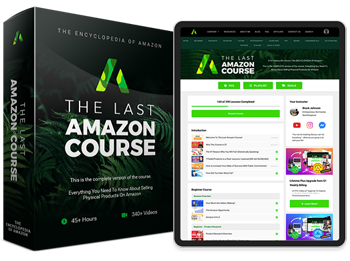
Over 375+ videos (45+ hours)
Interviews with other million dollar sellers and CEO's, and much more

